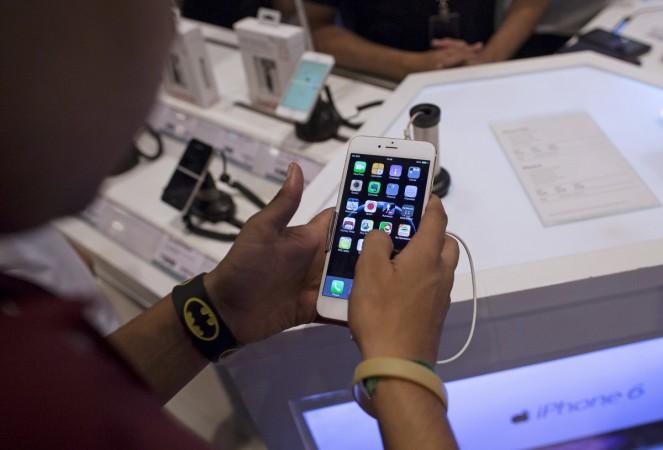
You may have heard doctors cautioning someone that the use of smartphones in bed, especially during the time of sleep, may create havoc in your sleeping routine and lead to insomnia.
But that is not all. This study published in the New England Journal of Medicine noted that smartphone use in bed is tied to temporary blindness too. The study has analysed two cases to prove the point.
A 22-year-old and a 40-year-old woman showed impaired vision in one eye for several minutes during the night and on waking up after they used smartphones in bed during the night.
The researchers, while studying their history, observed that the symptoms occurred only after several minutes of viewing a smartphone screen in the dark while lying in bed (before going to sleep in the first case and after waking in the second).
Both the patients were asked to experiment and record their symptoms. They reported that the symptoms were always in the eye contralateral to the side on which the patient was lying, the study said.
The scientists found out that the symptoms of "transient blindness" were due to the differential bleaching of photopigment, with the viewing eye becoming light-adapted while the eye blocked by the pillow becoming dark-adapted.
"Subsequently, with both eyes uncovered in the dark, the light-adapted eye was perceived to be blind. The discrepancy lasted several minutes, reflecting the time course of scotopic recovery after a bleach," the study added.
The researchers even tried viewing the smartphone screens monocularly (with one eye) at an arm's length and found that the visual sensitivity was reduced after smartphone viewing and it took several minutes for the eye to recover.
According to the study, these cases of temporary blindness may become more prevalent in future.
"Although most people view screens binocularly, people frequently use smartphones while lying down, when one eye can be inadvertently covered. Smartphones are now used nearly around the clock, and manufacturers are producing screens with increased brightness to offset background ambient luminance and thereby allow easy reading. Hence, presentations such as we describe are likely to become more frequent," it added.
In what other ways can smartphone viewing affect your health?
1. Staring at a phone can mean that people don't blink enough, leading to dry eyes.
2. People using small screens tend to squint, which leads to eye strain, and neck and facial spasms.
3. The blue light from screens resets the circadian clock, which is the internal clock that regulates sleep/wake cycles.
4. Disrupted circadian rhythms leads to poor sleep and contributes to obesity, hypertension and diabetes, among other conditions.
(Source today.com)








